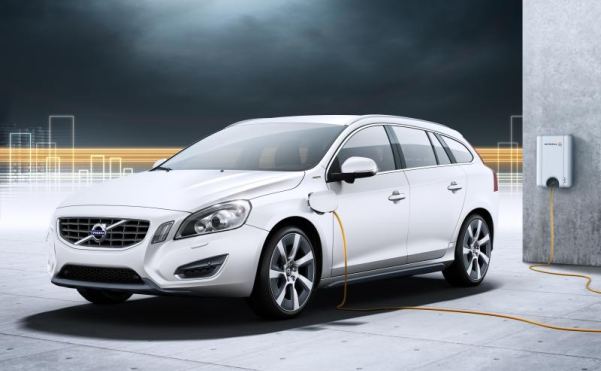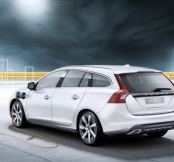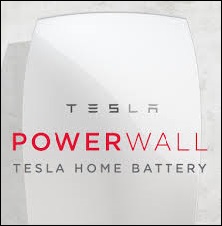A Cheaper Volvo V60 PHEV to Be Rolled Out For the European Market
2016-07-19 15:34:49
Volvo has released some good news for PHEV enthusiast's, by lowering the prices of its Volvo V60 D5 Twin Diesel Engine model. However, this model will only be reserved for the European market and it will be going for £51,675. This announcement follows the release of D6, which D6 selling up to £62,000. It will go by the name, SE Nav, a lower trim of the current SE Lux Nav.
Features and Specifications
The SE Nav will have an electric motor which will work hand in hand with a five cylinder diesel engine. The car will have a brake power of 163 (bhp) which is slightly lower than D6’s 220 bhp. The battery pack offering 11.2 kWh will go for about 52 kilometres or 32 miles. "The 11.2 kWh lithium-type battery is the single most complex system in the V60 D5. The precision manoeuvre to get it in place is an excellent example of the state-of-the-art assembly process," claims Peter Mertens, Volvo’s Vice President.
The SE Nav boasts of having a CO2 emission of just 49g/km. This will make this car the default choice for most business people in Europe.
Selwyn Cooper confirmed that the development of the V60 D5 twin engine will make the car more appealing to the business users. This is thanks to the impressive CO2. Volvo Car UK head of sales division . Already the UK is offering Congestion Charge exemption, which is set to further lower the cost of V60 PHEV. The combination of direct injection diesel engine, an electric motor and a six auto transmission gear makes the car quick and powerful in the first place.
The PHEV V60’s interior is very comfortable and stylish. It offers the cradled headrests and heated seats, with enough head and leg room. There isn’t much to confuse a driver as the entertainment system; radio and volume controls are placed on front of the steering wheel. At the dashboard’s centre, is a 7-inch monitor acting as a backup camera. It works hand in hand with console full of buttons in order to execute functions like navigation and displaying important information pertaining the car’s performance. There is a soft-touch steering wheel that is pretty heavy in order to offer a firm grip underneath.
V60’s ride quality is firm. This can be attributed to its stiff run-flat tyres. The handling is somehow tough because of the weight of the battery on the car’s floor. However, this battery plays part in increasing the car’s centre of gravity in the first place. The D5 is a very quick car but when it comes to negotiating sharp corners, it is certainly no hot hatch.
Driving Modes
Potential owners of this PHEV need to have grips of three driving modes in order to enjoy the functionality of this car; Pure, Power and Hybrid.
Pure Mode- This runs in 2 wheel drive (WD) only, offering a 32 mile-range on electric-only power. However, it is not easy to reach this 2WD mode if you on pure electric and start hitting the theoretical 78mph battery-powered maximum.
Hybrid and Power- This mode are only applicable on auto wheel drive, (AWD) form. In addition, this mode runs only on a mixture of diesel motion driving the front wheels. However, the Power setting performs faster than the Hybrid mode. It will hit 62mph in under 6.9 seconds, with the electric motor augmenting the turbo diesel engine.
Why The V60 D5 Will Not Be Sold In The US Market
There is no official statement from the Gothenburg based auto maker on when exactly the Volvo V60 with a diesel plug- in version will come to the U.S market. Currently, the US market only enjoys the turbocharged and the direct-injection diesel engine versions in its streets. Release of the plug-in hybrid diesel engine may be hindered by the Volkswagen’s Diesel-gate scandal, which has negatively influenced delivery of diesel engine vehicle in both US and Europe.
Volkswagen is currently handling the scandal, negotiating a deal with government agencies and affected owners regarding falsified information on the software systems with the deception of diesel engine emissions. However, over the years, giant auto makers are concentration on developing petrol engine hybrids, making diesel passenger vehicles less popular over the past few years. This has seen the sales volumes of diesel engine cars drop significantly.
Reported By
SteveyG
Guest Editor









